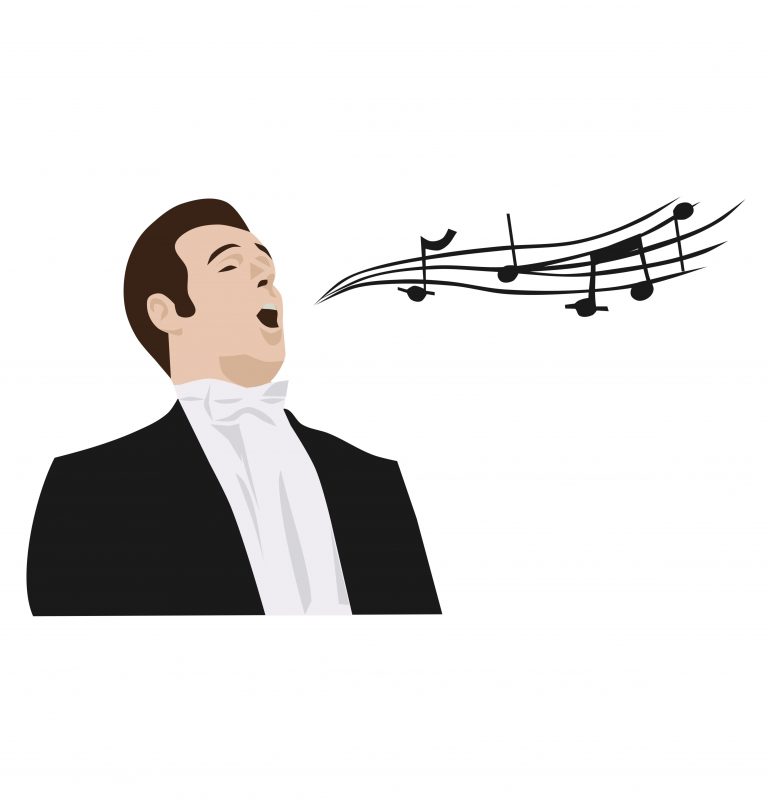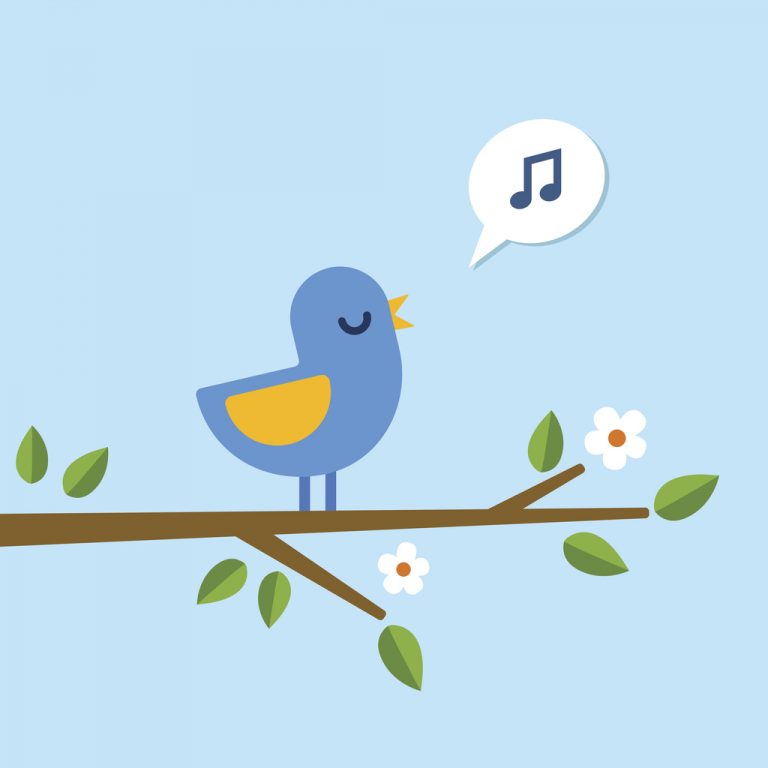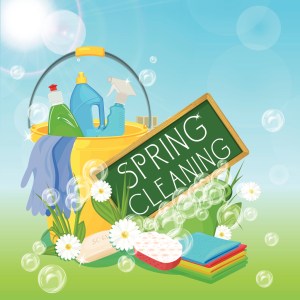How to Have a GREAT Song Coaching Session!
Woo-hoo! It’s finally that time— you’ve picked out the song, or songs, you want to sing for your upcoming performance or recording, and you’ve made the appointment to have a coaching with your favorite voice teacher, song coach or accompanist (I’ll use all three of those terms during this post, as all of these may coach songs). But before you even stick your toe out the front door, be sure you are ready, really ready, to get the most out of your coaching session. Let’s discover how to have a GREAT song coaching session!
First of all, let’s define what constitutes a song coaching, versus a voice lesson. I find that many singers don’t know the difference, and before you shell out the money for this experience, make sure you know what you are getting into. A song coaching is where you work with a voice teacher/singing coach/ accompanist on anything technical or artistic that is specific to the performance of your song. This could include suggestions on where to breathe, how to pronounce a certain word, how to shape the dynamics of a musical line, or even some on-the-spot creation of improvisation or ornamentation, just to name a few items. A coaching will NOT contain vocal exercises or someone trying to work on or change your vocal technique. That is the job of your voice teacher, and professional coaches/accompanists, particularly in the classical world, know not to cross that line.
A voice lesson is a different animal. When you see a voice teacher, the lesson will be about posture, breathing, vocal technique, and the performance of exercises to address all these issues. You may not even look at a song at all! However, many voice teachers, like myself, do coach songs as well, and can show you how to directly apply what you are learning in your exercises into the song you want to sing. Not only will this improve your vocal production, but then the teacher can coach all the other aspects of the song performance, from song analysis, musical interpretation and diction, all the way to working on your acting and performance skills.
So, now that you know what a song coaching is (and isn’t), here are important tips to help you have a GREAT experience:
Smell Good. Seriously. Don’t come in reeking of cigarette smoke. Don’t wear perfume or cologne, and don’t eat spicy, smelly food before you come in. Take a shower, wash your hair, and brush your teeth. It is misery for the coach to have to work with someone who reeks, especially in a small space like a practice room at a school, or a room in the coach’s home. Also, if you have a pet, do not come in with tons of pet hair all over you. The coach may be allergic to animal dander, and you can leave all sorts of pet hair behind in the room.
Be on time. You are usually going to be paying beaucoup bucks for the coaching time, so if you’re late, you are not only being rude and unprofessional, you’re wasting your own money. The coach is not obligated to give you the full time you booked if you are late. (If the coach is running late, however, they should absolutely make up the time for you).
Have your payment ready at the beginning of the session. First of all, make sure you and the coach have clearly outlined the session fee and the method of payment on the phone BEFORE you get to their location. Have the check filled out and ready to go, or the proper cash on hand, and pay BEFORE you start working with your coach. If you are doing an online payment such as PayPal or credit card on the coach’s website, make the transaction before you get there. Lastly, if the coach has a card reader or other electronic method of payment that must be done on site, always volunteer to get the payment done first, before you start the session.
Come warmed-up and ready to sing. Unlike a voice lesson, where at least part of the lesson includes a variety of vocal warm-up/training exercises, the whole point of a coaching session is to work on the specifics of your song. If you come in groggy, foggy and vocally cold to your coaching, you are not going to have a very productive experience. Be thoroughly warmed-up and ready to sing your best!
Bring TWO copies of your sheet music! Okay , this is a biggie. You must have two (did you hear that— TWO) copies of the sheet music for your song, so that you and your accompanist each have one to use. If you only bring one, then you have to share, and you will be bending over the piano and singing right into the accompanist/coach’s ear— we HATE that! Bad for you and terribly uncomfortable for us. Also, do not bring just the lyrics on a piece of paper without sheet music and expect great help from the coach. That sheet music is the road map of your song, chock full of information that the coach needs to help you in the highest and best possible way, and you will need to make all sorts of notes on it as you work through the song. DON”T FORGET YOUR MUSIC!
Make sure the sheet music is in the right key. Did you hear that? It has to be in the proper key for your voice! I can’t tell you how many times singers bring in music that is completely wrong for their voice type. Try it out ahead of time! If you don’t read music and/or play an instrument and can’t figure it out yourself, get help before you come to your coaching (if you have a voice teacher, that person should be the one to help you find the right key for you). Choosing the right key for a song is one of the most critical things that affects your singing. Don’t expect the accompanist/coach to transpose on the spot for you! While some can do instant transposition and don’t mind doing so, most accompanists don’t, and it is rude and unprofessional to put them in that position. Having said that, if you have let the coach know in advance that you need help choosing the right key for your song and he/she agrees to help you with that aspect of your song work ahead of time, then it should be fine.
Clean, complete copies, please! Do not bring faded, hard-to-read sheet music, just because your printer was running out of ink. Don’t cut off any edges when you make copies, so that part of the music is missing! And, do not run vertical pieces of tape between each page to hold it all together, because it makes the music stiff, and it will keep falling off the piano, and your accompanist will hate you. Also, do not staple them together! Instead, bring the sheets clipped with a paper clip, and let the coach decide how he wants to deal with the pages. Every accompanist has their particular preferences about working with sheet music.
Have the music marked correctly. You should already have your tempo marked at the beginning, breaths and lifts (breaks in the phrases where you don’t breathe), dynamics, repeats and other pertinent information on the sheet music before you come. Also, make sure the music is written for piano and voice, if your song coach is playing the piano for you. A guitar chart or music scored for some other instrument is going to be a problem.
Bring a recording of the song. Chances are , your very-experienced song coach may know your song already. But, it’s always a good idea to bring your favorite recording with you, so that the coach can listen to it and get an idea of what you are hearing in your head as a finished product. And, if for some reason you are singing with a pre-recorded track instead of a real accompanist, make sure you have a way to play it, and that it is in the right key for your voice!
Bring a pencil. Golden rule of going to any rehearsal— bring a pencil! You need to be able to make notations on your music as you are working with your coach. Do not use pen, as you want the option to erase or change your notes later.
Bring water. Anytime you have a voice lesson, song coaching, a rehearsal or your own practices, have a bottle of water at the ready. All that deep breathing and singing expels a lot of moisture from your body. Just make sure you don’t put the bottle down on a piece of fine furniture in the coach’s home— ask where a good spot is, and use a coaster!
Bring a recorder or use your phone app. It is SO important to record your song coaching session, just as you would record your voice lesson. You want to be able to go back and listen to that recording again and again as you work on your own. But— ask permission to record beforehand! Most voice teachers, coaches and accompanists are used to having students record their session. But always ASK. And, some may allow audio recording, but not video. Again, ASK. And, under no condition can you use that audio or video recording for anything other than your own private study. Do not share it or post it on the Internet. This is unethical and you can get in BIG trouble!
Dress comfortably. Don’t wear tight clothes, high heels, or anything that makes it hard for you to breathe or sing. You want to work, not be in a fashion show.
KNOW YOUR SONG WELL BEFORE YOU GET THERE! Notice that I put this in bold type and in capital letters. I can’t tell you how many times students come in to me for song work and don’t even know the song yet! How is the coach supposed to help you improve your delivery of the song when you are still stumbling over notes and words? You won’t be singing well and cannot possibly improve. The only exception here is if you asked the coach ahead of time to teach you the song, if you cannot read music and want to pay for that kind of help. Otherwise, know the words, the melody and how it fits with the accompaniment BEFORE you come in.
In case you have trouble learning music, see my earlier post, below:
https://singingvoicesuccess.com/have-trouble-memorizing-music-10-great-tips-to-make-it-faster-and-better/
Know ABOUT your song. You want to know as much as you can about the background of your song, so that you can give the most informed and complete performance possible. Is it from a show? Who is the character singing? Who is the composer, the lyricist? What time period is it from, and how does that affect the composition and your performance? What are the dramatic considerations? I’ll discuss how to analyze a song more deeply in another post, but try to have as many of these points covered as you can before you show up for your coaching.
Know how to pronounce it, and the translation. If your song is in a foreign language, have a word-for-word translation written on your music (what the editor put there is never right) and know how to pronounce it correctly! If it is a classical piece in one of the major art languages, chances are your voice teacher and/or the coach/accompanist will be able to help you finesse your diction. If not, get help from a local college language department. And, why would you sing a song without knowing what it means? Everything about your performance should stem from the meaning of the words!
See my earlier post:
https://singingvoicesuccess.com/how-to-sing-in-a-foreign-language/
Take suggestions and make suggestions. The coach is there to help you and will make suggestions. Be open and receptive. That is what you are there for! Sometimes singers come into a voice lesson or coaching with very rigid habits and ideas, and only want to be “stroked” or validated by the professional. If you’re not open to change and new ideas, you’re wasting your money. But don’t be afraid to have ideas of your own and ask questions, too. This creative give-and-take atmosphere will help you arrive at a much higher level of performance for your song.
Don’t waste time! Please don’t talk endlessly about your day, make excuses, take phone calls or spend ten minutes trying to get your recorder to work because you didn’t take the time to figure out how to use it before you got there. Time is money, your money, so don’t waste it!
Don’t try to do too much. Don’t book a half-hour coaching and expect to get quality work on four songs! Depending on the amount of time you’ve booked, plan on working only one song in depth, or maybe two, max. Ask the coach’s advice when you’re on the phone beforehand— tell him/her what you need help with, and they can guide you as to how much time you might need, and whether to bring more than one song.
Try to enjoy it! Lastly, after all these dos and don’ts, do try to enjoy the process. It can be fun, exciting, and really cause some new doors to open for you vocally, musically, and in your performing skills. Don’t beat yourself up if you sing a bad note or make a mistake— you’re only human and that’s part of the learning process. Look at this as a new adventure where great things can happen.
Even if you’re not getting ready for a specific performance or recording, and are just working on songs for fun or to improve your voice, getting feedback from a song coach can definitely augment your voice lessons and open up exciting new possibilities in your singing world. Go on, give it a try. Let it be the compass that points you to a new level of performance. Armed with all the helpful hints above, you can’t help but have a GREAT song coaching session!
For a fantastic reference to singing information of all kinds, from the National Association of Teachers of Singing, visit







